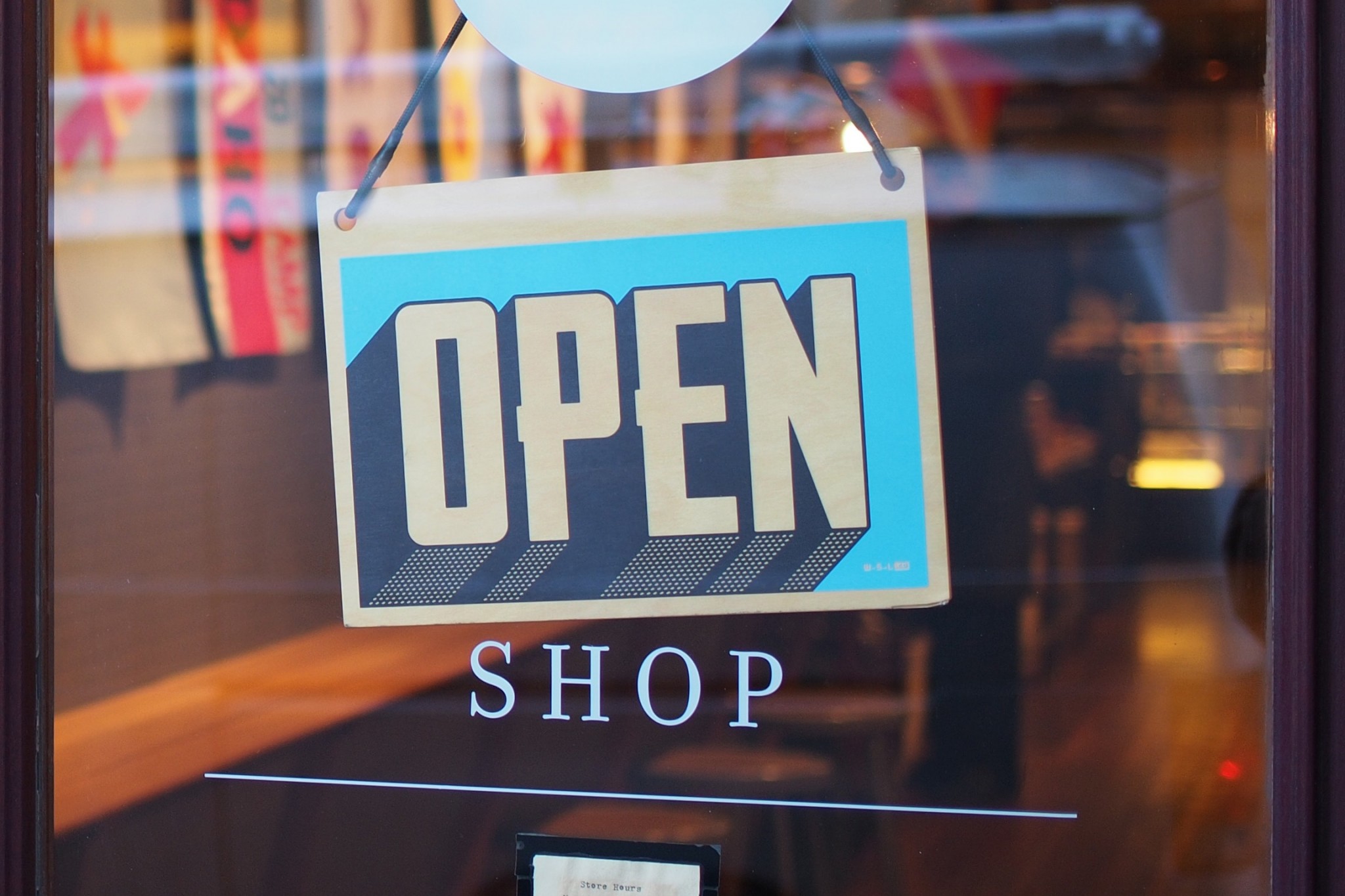
The below article by Michael Hayman MBE originally appeared in City A.M, see here.
Heed Hammond’s warning: We must not be prisoners of change
Britain has become a single issue nation. So all-consuming have the ins and outs of Brexit become that the national debate seems incapable of concentrating on anything else.
Which was why it was so surprising when Philip Hammond spoke to a small business audience last week and didn’t drop the B-word once. In so doing, the chancellor inferred that there might be bigger things at play that businesses need to focus on than the histrionics at Westminster.
For him, the growing distrust of business and of the principles that underpin the free market are a more frightening prospect. Allow this to continue, and the basis of our pro-business economy could become badly undermined, with disastrous consequences.
At a moment in time that feels clouded in economic risk, here is another point less-heralded but arguably even more important.
The unpicking of the free market consensus may not have the thunder and lightning impact of the no-deal Brexit forecasts, but it probably carries more serious long-term consequences.
The UK has prospered as an economy that encourages entrepreneurs at home and investors from abroad. Both are being spooked – at least as much by the prospect of a major political realignment than the possibility of a Brexit crash.
It was apt that the chancellor chose to issue his timely warning to a small business audience, just a week after the CBI’s annual conference, which seemed to miss the boat in finding a voice for big business.
Timidity and tentativeness, hedging and horse trading. The CBI has publicly backed the Brexit deal while privately panning it.
The problem with failing to say what you mean is that you risk becoming a prisoner of change, at precisely the time that business needs to be its chief architect.
For the CBI, conciliation and good relationships are important, but they should not come before staking out clear territory about what business needs and what it can’t afford or accept. It would do well to take a chapter from the hope, heart and heroism of our entrepreneurs – the risk-seekers who thrive amid uncertainty.
Whatever the terms of the Brexit withdrawal turn out to be, the majority will find a way to work with the new rules of the game.
If anything, the secret of our greatest entrepreneurs is to prosper from the opportunities that change creates, which is why they so often seek it. And yet, the CBI increasingly represents the polar opposite: not the pursuit of opportunity, but the mitigation of risk.
With Brexit upon us, and the spectre of a Corbyn government looming large, there is an urgent need for business to make its case.
Make no mistake. We are entering a political and economic fight for the foundations of the market economy. While the shadow chancellor has been touring boardrooms to offer reassurance, few should doubt the radical intentions of a Corbyn government with regards to business and the free market.
Shadow business secretary Rebecca Long-Bailey backed a policy proposal in this direction last week. Citing a “pernicious corporate culture”, it suggested scrapping share options and demanding votes for customers on executive pay for Britain’s 7,000 biggest companies. Not exactly the pro-business sentiment that we were hoping for.
With all eyes on Brexit, many are missing the stealthy attack on the foundations of belief in business as society’s change maker and enabler.
Painting wealth creation as vice not virtue, enterprise as enemy not enabler – there is an urgent mission for business to be its own champion, and make the case for itself as a positive force for good.
I am told that the chancellor’s message was not just a stump speech, but something he sees as an issue transcending party politics, one fundamental to the future of our economy and prosperity. But it is an issue that is clearly drowned out by Brexit.
It’s a warning that businesses must heed, and one that presents a choice. Business can either lead the change towards a more purpose-driven economy in which the proceeds of growth are better shared, or it can wait to have change imposed upon it. It’s a choice between the urge to protect and play it safe, and the desire to progress and make things anew.
At some point, the Brexit wildfire will abate and we will have to face what has been left behind it.
If a culture of business bashing, blaming and shaming allows its opponents to trash the market economy, the impact of that will make Brexit look like a sideshow.